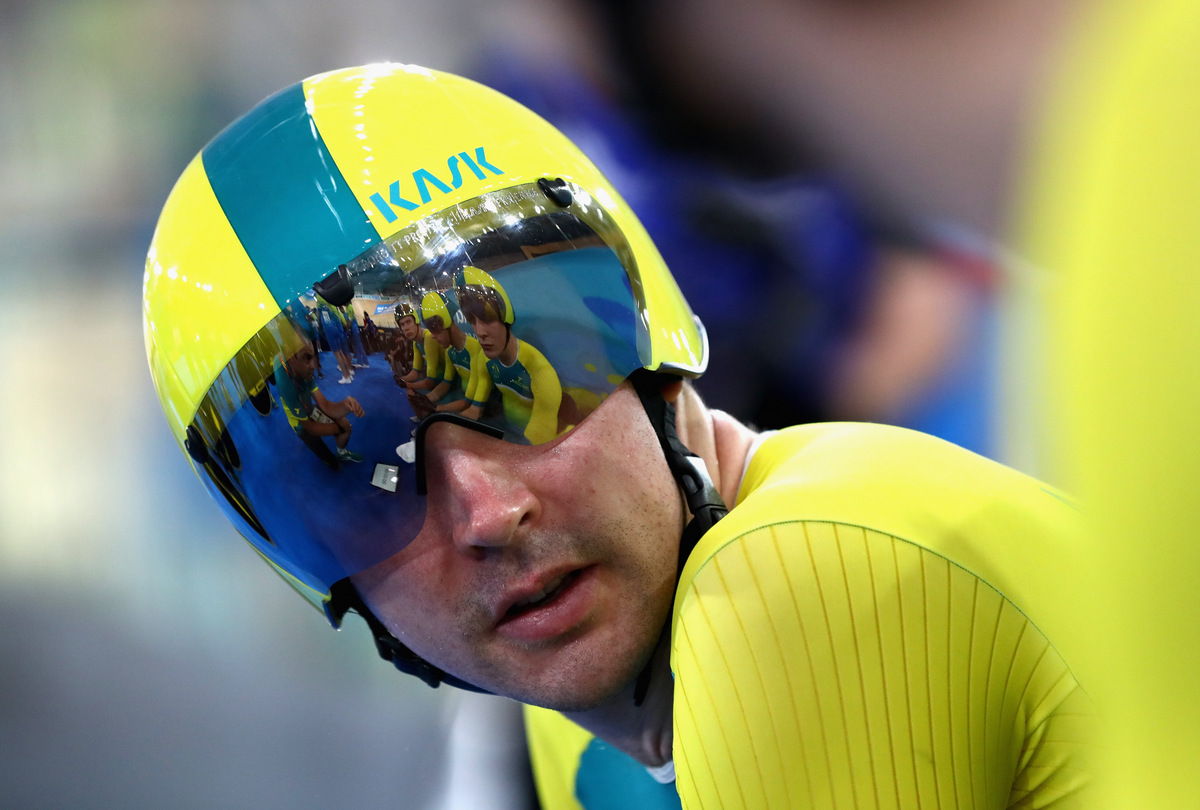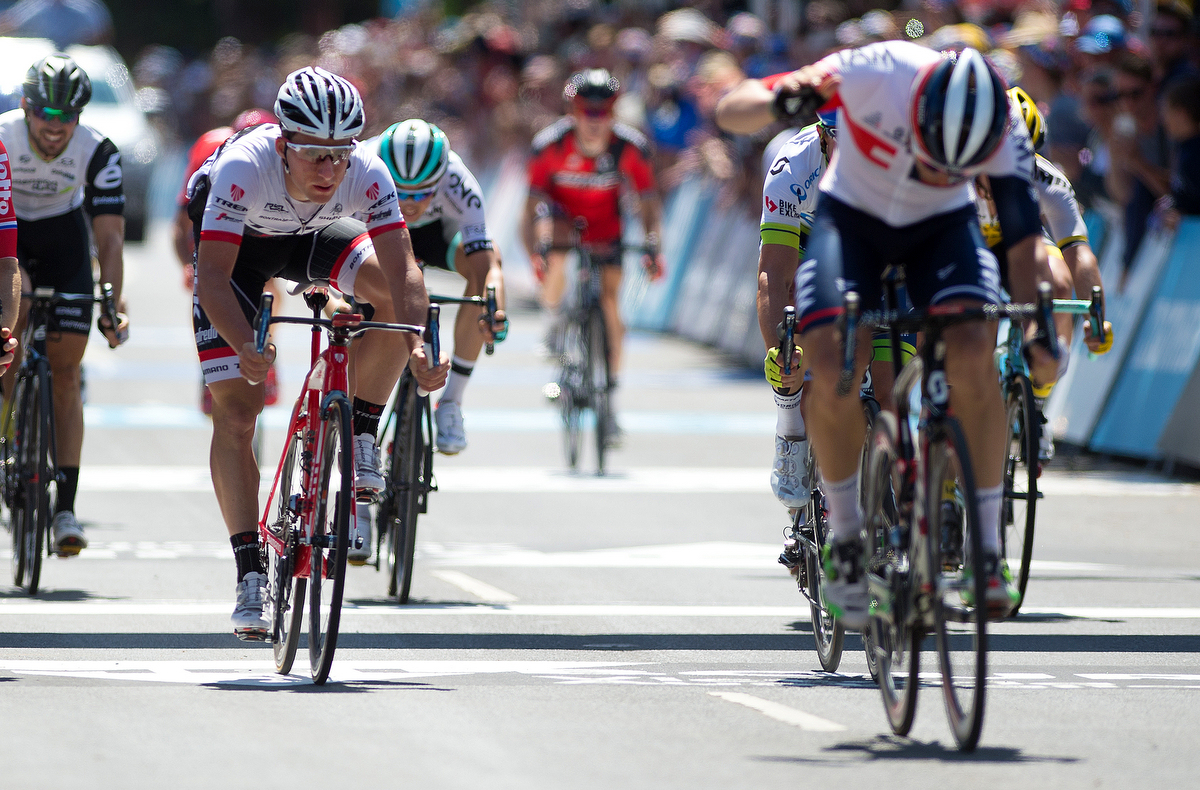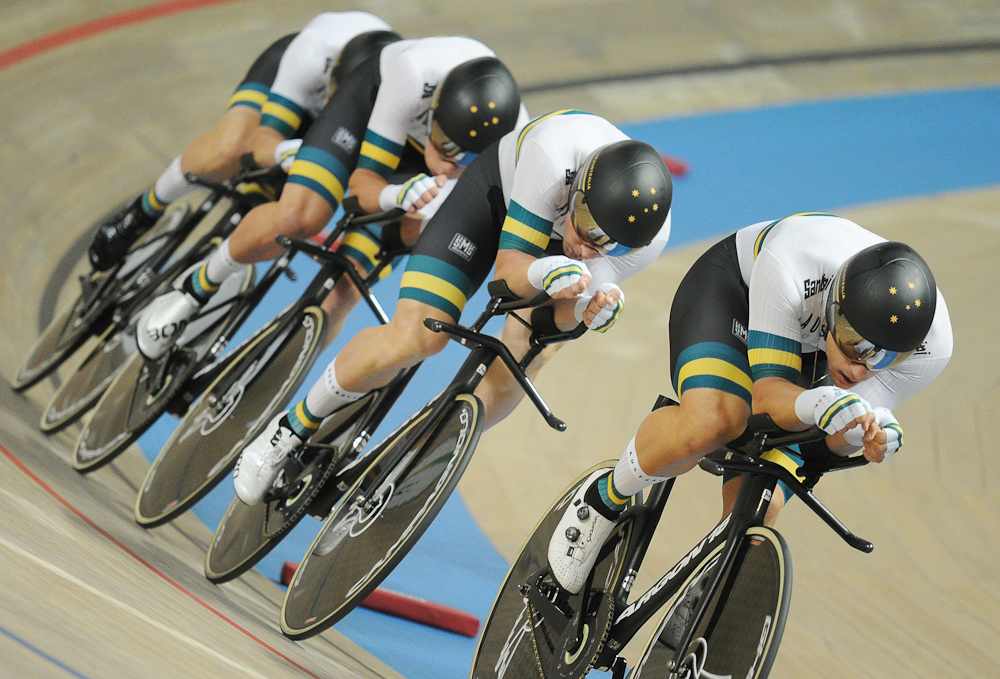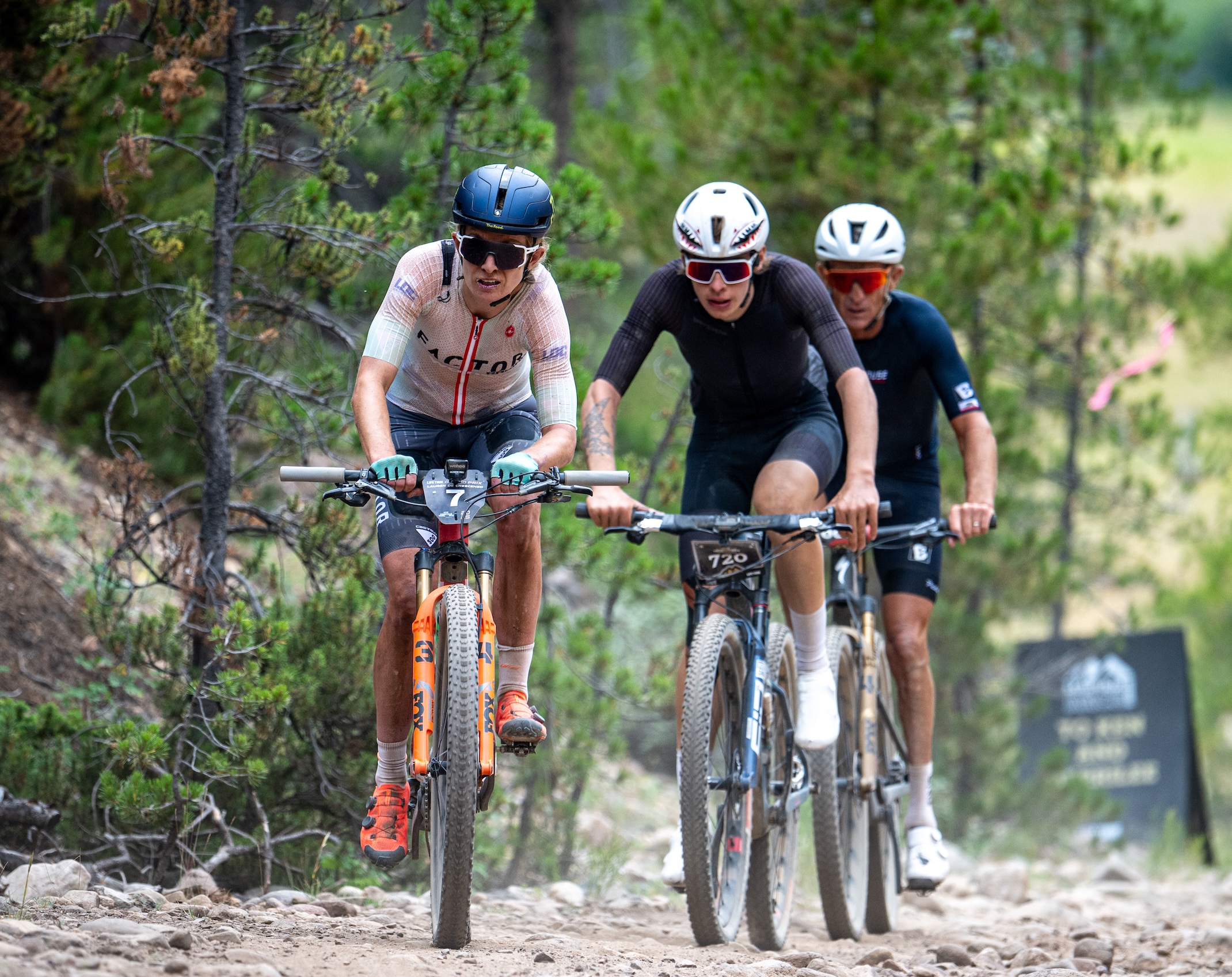Leigh Howard looking for balance with Olympic dream on hold
Australian was picked for track squad days before Tokyo Games were postponed

The latest race content, interviews, features, reviews and expert buying guides, direct to your inbox!
You are now subscribed
Your newsletter sign-up was successful
Leigh Howard had five days to revel in the “relief” of being selected for his first Olympics before Tokyo 2020 was officially postponed by a year due to the coronavirus pandemic.
The 30-year-old was named in Australia’s track squad for the Games on March 19 – four days before the Australian Olympic Committee indicated it would boycott if the event went ahead as scheduled and five before the International Olympic Committee called it off.
The news came on the back of the track world championships in Berlin where Denmark steamrolled traditional team pursuit rivals Australia and Great Britain, setting a new men’s world record of three minutes and 44.672 seconds.
Howard, speaking in a phone interview from his Adelaide home, can be forgiven for sounding tired as he navigates the holding pattern COVID-19 has placed us all in.
“We in the sporting world, and especially the cycling world, do find ourselves inside a little bubble quite often. But having the pandemic, like what’s happening, it really bursts that bubble and makes us see there is a lot more going on. So, in a way it’s a really good thing for us to see that and realise,” Howard told Cyclingnews.
“But like everyone else, we still have a job to do and our job requires us to have goals. Not having imminent goals is really difficult and everyone tackles that in different ways.
“We got the goals … when they announced when the [revised] Olympics are but there’s no big stress for us to get ours bums into gear just yet.
The latest race content, interviews, features, reviews and expert buying guides, direct to your inbox!
“For me it’s just keeping some level of fitness at the moment and working on what I can, and that’s some gym at home. I get out on the road a little bit, but I stay pretty close to home. Mentally it’s hard.”
Cycling Australia hasn’t issued any specific training structure, with velodromes closed and as elite sports globally deal with mass cancellations or postponements of major competitions.
“It’s up to us, depending on if you’re the sort of person who likes a structured program. I’m somewhere in the middle,” Howard said of his regime.
“I think it’s good at the moment to relax the head a bit seen as we’ve just had a year extended onto what we thought we did.
“But then at the same time we don’t want to step off the bike and lose all the fitness we’ve got over the last six weeks either, so there’s a balance between how much you do and how little you do really.”

A long road to track success
Howard pragmatically describes his Olympic Games selection – some 21 years in the making - as a “relief”.
His journey to firstly crack into the team pursuit squad - before and after seven years competing in road cycling’s top tiers - is in itself a tale of endurance.
The Australian was an accomplished track rider in the formative years of his career, winning world titles in the Madison and omnium. His bid then to break into Australia’s team pursuit line-up that the likes of Jack Bobridge and Rohan Dennis headlined wasn’t quite realised, but Howard equally had more lucrative options.
He turned professional with HTC-Columbia in 2010, an exciting prospect given he’d made a name for himself as a winning sprinter on the national academy’s Continental squad.
When HTC went bust, a four-year tenure at an incarnation of Mitchelton-Scott followed and then a season at IAM. The latter folded at the end of 2016 and so Howard signed with Aqua Blue Sport from 2017. There, he arrived at a crossroad five months into a two-year contract. Howard, realising he was generally unhappy in the game and feeling stagnant, took a time out before Aqua Blue Sport in November 2017 announced his premature departure to focus on the track.
“If I didn’t think that I could make the Olympic team then I probably wouldn’t have made the decision to leave the WorldTour and I would have kept toughing it out for another three or four years, or however long I could do it, but probably not as happy as what I would be racing back on the track. It was a boost of confidence, backing myself to make the team and then realising that I can,” Howard said.
“It was a big goal ticked off just to make the team to start with but obviously that’s only half of the challenge, the next challenge is winning gold.
“But it was a big relief, there’s been a lot of reasons why I haven’t done Olympics up until now. When I started [cycling] I was nine years old and I’m 30 now, so 21 years.”
The wait ultimately paid off though not without sacrifice, especially as an older man returning to a younger man’s game that is constantly evolving - as Denmark showed in February.
“The way that we train is not even in the same realm as what we do on the road, so mentally it was a big challenge switching what I thought was training hard to then training hard on the track,” he said.
“Your school of thought on the road is always being as skinny as you can and going longer and having more and more endurance. And now with the way the team pursuit is going you almost, we’re not track sprinters but we’re not that far away from what they do now.
“Instead of losing weight now it’s constantly trying to hold onto muscle that we build in the gym, so, yeah, it is a completely different school of thought."

'On the grand scale, sport is just sport'
Howard was part of the quartet that broke Great Britain’s stranglehold on the team pursuit and set a new world record at the 2018 Commonwealth Games and then again at the 2019 world championships with a time of three minutes and 48.012 seconds, which Denmark decimated in Germany.
“It was an interesting Worlds,” Howard reflected. “There were some big upsets and some incredibly fast times - probably faster than what anyone thought would be done.
“Denmark have shown that they’re definitely on an upward trend. They’ve changed the style of race that they do now. They’ve followed very closely in our footsteps, from what we adopted two or three or four years ago, doing longer turns and bigger gears. And just by adopting that they’ve obviously shaved off a damn lot of seconds.
“It was a shock but, to be frank, I look at it as probably a good thing. We now see where we have to be. It didn’t affect our confidence it just kicked our backsides back to reality and made us realise that we have to be at that mark or faster for the Olympics.”
Howard had effectively lined up outside the exam hall, ready to take maybe the last test of his cycling career - he said hadn’t looked past Tokyo 2020 - only to be turned away and told he’d have to sit it in a years’ time. Frustrating as it may be, his awareness of the impact of coronavirus is perhaps more acute than most, with his Spanish partner’s family at Europe’s epicentre of the pandemic.
“I’ve got Maria sitting next to me and her family are all over in Spain in lockdown. Her sister-in-law is a nurse over there, right in the thick of it, so we hear first-hand how bad it really is,” Howard said.
“On the grand scale, sport is just sport. Health is obviously paramount to that.”
